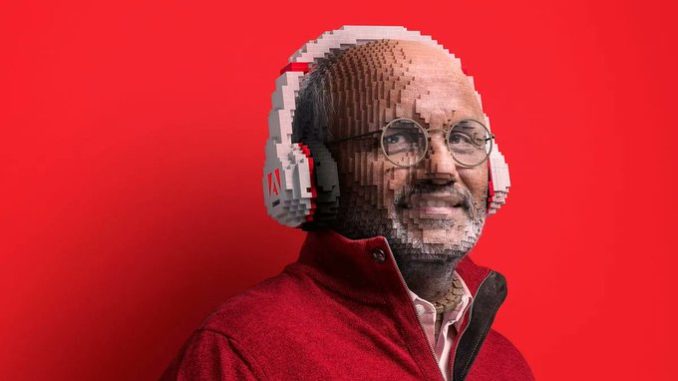
Imagine a deepfake video of House Speaker Nancy Pelosi, in which her speech is intentionally slurred and the words she uses are changed to deliver a message that’s offensive to large numbers of voters. Now imagine that the technology used to create the video is so sophisticated that it appears completely real, rendering the manipulation undetectable, unlike clumsy deepfakes of Pelosi that circulated—and were quickly debunked—in 2020 and 2021. What would be the impact of such a video on closely contested House races in a midterm election?
That’s the dilemma Adobe, maker of the world’s most popular tools for photo and video editing, faces as it undergoes a top-to-bottom review and redesign of its product mix using artificial intelligence and deep learning techniques. That includes upgrades to the company’s signature Photoshop software and Premiere Pro video-editing tool. But it’s also true that to “photoshop” something is now a verb with negative connotations—a reality with which Adobe CEO Shantanu Narayen is all too familiar.
